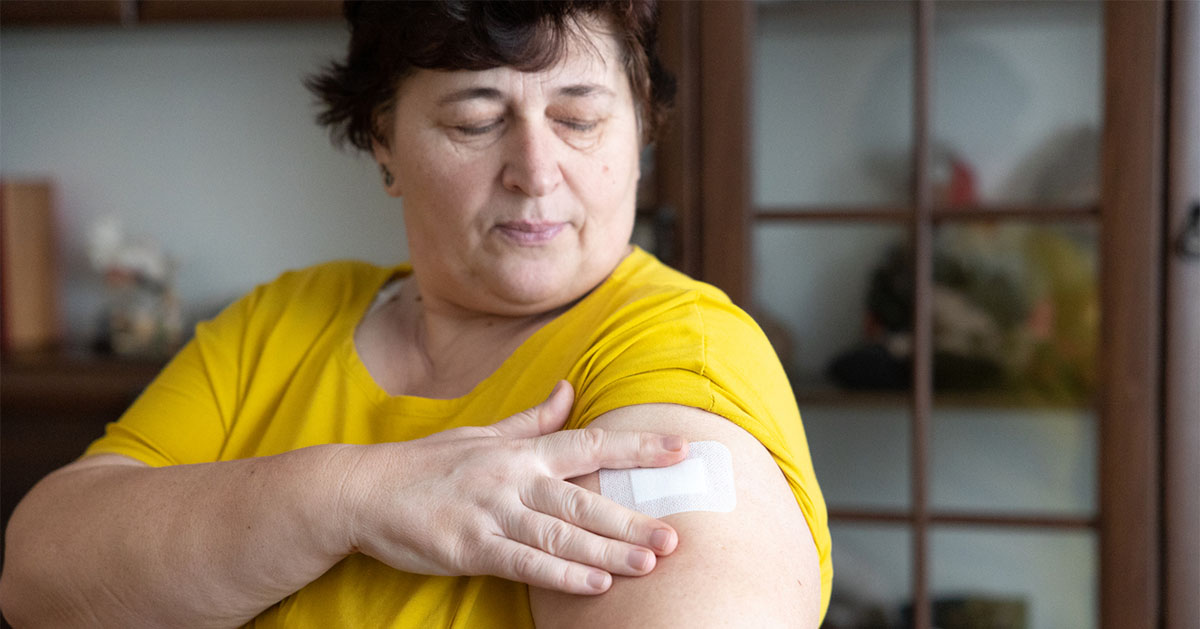Evidence suggests that, although GPs recognise the importance of preventing complications, in some cases they may decide to be more strongly guided by what they think their patients would want (Freeman and Sweeney, 2001). This, combined with many patients’ natural reluctance to convert to injections, may delay the initiation of insulin therapy.
All healthcare professionals initiating and managing insulin need to possess the knowledge, competencies and skills to undertake that procedure confidently. Referral to specialist services may sometimes be preferable. Initiating insulin is not easy. The complexities of the range, regimens and devices available need to be fully understood. Charts illustrating this point are available from Diabetes UK (www.diabetes.org.uk/Professionals/Publications-reports-and-resources/Diabetes-Update/Wallcharts–supplements/ [accessed 11.04.2013]).
NICE (2009) states that when starting insulin therapy, we should use a structured programme employing active insulin dose titration that encompasses:
- Continuing telephone support.
- Frequent self-monitoring.
- Dose titration to target.
- Dietary understanding.
- Management of hypoglycaemia (see TREND-UK, 2009).
- Management of acute changes in plasma glucose control.
- Support from an appropriately trained and experienced healthcare professional.
To those we can add – from the NICE (2011a) quality standard (see Box 1) on insulin therapy (number 6) – the following:
- Injection technique, including site selection and care (see FIT4Safety, 2012).
- Managing sick days (see TREND-UK, 2013; local guidelines should also be available).
Based on personal experience, I would add these:
- Specific guidance for drivers (see www.dft.gov.uk/dvla/medical/aag.aspx [accessed 11.04.13]).
- The insulin passport. (It is the responsibility of the prescriber to give out and discuss, as appropriate, the insulin passport, safety card and patient information leaflet. This includes when initiating insulin and giving repeat prescriptions.)
- Agreeing a care plan with shared goals and targets.
So, what constitutes “structured education”? A patient educational programme should meet five key criteria laid down by the Department of Health and the Diabetes UK Patient Education Working Group (NICE, 2011b) and by SIGN (2010):
- Evidence based.
- Quality assured.
- Built around a structured curriculum.
- Delivered by trained educators.
- Audited.
If you can cover all of this in a 20-minute appointment I would be surprised. (In some individuals you may need to incorporate the teaching of a blood glucose meter too.) Specialist nurses I have spoken to recommend between 30 minutes and an hour – depending on the needs of the individual – with frequent follow-up. More time is likely to be needed if this is something you do not do frequently, to ensure you are completely up to date with developments.
An educational module on the safe use of insulin was produced for NHS Diabetes (now rolled into NHS Improving Quality) and is recommended for all health professionals managing people with diabetes on insulin (discussed below).
Safe use of insulin module
The Safe Use of Insulin e-learning module allows users to log on, complete the course, take an on-line test and print a certificate if passed. There is an assessment at the end with a pass rate of 75% to gain a certificate (available at: www.diabetes.nhs.uk/safety/safe_use_of_insulin_elearning_module/ [accessed 11.04.2013]).
This module was developed in response to the 2010 National Patient Safety Agency (NPSA) Rapid Response Report (NPSA, 2010). Over 16600 patient safety incidents were reported between 2003 and 2009 in England and Wales (NPSA, 2011a).
Insulin safety training is now a requirement for all those who prescribe, prepare, handle or administer insulin (NPSA, 2010).
Conclusion
Incorrect insulin treatment has been identified as an important cause of hospital admissions. The National Patient Safety Agency (2011b) highlights a lack of education and access to information about diabetes management including the safe use of insulin, injection technique, hypoglycaemia and hyperglycaemia as causes. Attempting to initiate insulin without adequate time to involve the individual in agreeing targets and understanding the complexities of insulin is likely to have a negative impact on long-term care. All health professionals should adhere to this guidance. Our patients are worth it.
Questions to test your knowledge
The answers are not necessarily found in this article.
- NICE and SIGN recommend starting NPH insulin in type 2 diabetes when other agents fail to reach agreed targets.
True or false? - In type 2 diabetes, insulin should be considered as third-line therapy when HbA1c is at or over 53 mmol/mol (7.0%) or another agreed target level.
True or false? - Analogue insulins should be taken 20–30 minutes before food.
True or false? - Active dose titration should form part of the individual’s education plan.
True or false? - It is the health professional’s duty to provide an insulin passport and patient information.
True or false?
To view the answers, select Box 2 below.
The next article in the series will cover the practicalities of insulin initiation.





It is crucial that we review retinal screening reports prior to prescribing GLP-1 or GIP/GLP-1 receptor agonists.
6 Aug 2025